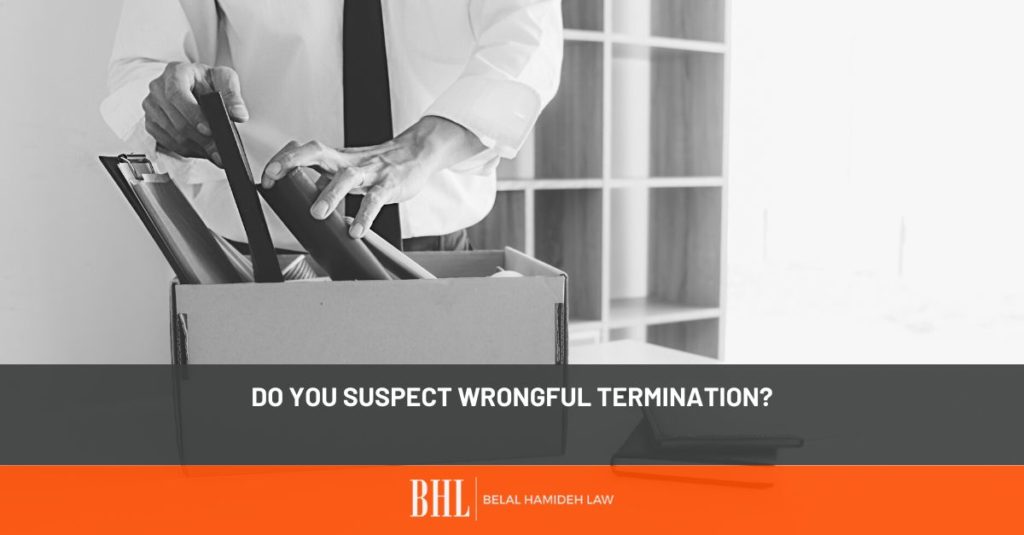Discovering that you’ve lost your job through no fault of your own can be shocking and distressing. It’s crucial to address this situation promptly because there’s a limited window to take action against an unjust wrongful termination. In California, the statute of limitations is only three years, underscoring the importance of reaching out to an employment law attorney without delay.
Employment lawyers are your advocates for filing a timely complaint and ensuring you don’t miss the opportunity to seek the financial relief you deserve.
Different Forms of Wrongful Termination
Wrongful termination can manifest in various ways, encompassing the following issues:
- Sexual harassment and creating a hostile work environment
- Discrimination based on factors such as race, gender, disability, religion, or age
- Retaliation by an employer in response to a workers’ compensation claim
- Violations related to the Family and Medical Leave Act (FMLA)
- Wage and hour violations
- Whistleblower retaliation against employees who report illegal activities
- Breaches of the Fair Housing and Employment Act during the termination process
Seek legal counsel to understand the specific steps necessary for your case, as different circumstances require different approaches.
For instance, your attorney will guide you differently if you’re dealing with FMLA violations or a workers’ compensation issue compared to cases involving sexual discrimination or favoritism. Regardless of the situation, acting promptly is crucial to protect your rights as an employee.
Federal Statute of Limitations
Federal law safeguards employees from termination based on race, sex, religion, age, and disability. If you intend to file an EEOC complaint, you must do so within 180 days of your termination. This deadline extends to 300 days if your case falls under state anti-discrimination laws.
Wrongful Termination in California
California law strictly prohibits employers from firing employees based on protected characteristics, such as religion, race, sex, or disability. Termination is also unlawful when it occurs due to employees exercising their rights or fulfilling responsibilities like military service or jury duty.
For discrimination-related cases, EEOC mandates filing a charge with them before pursuing a lawsuit, except for those related to the Equal Pay Act.
Filing a Complaint with a State Agency
In California, if you’ve been wrongfully terminated due to an EEOC violation, you can file a complaint with the Department of Fair Employment and Housing (DFEH) within one year of your termination. This step is a prerequisite before filing a lawsuit in civil court against your former employer.
Please note that the EEOC accepts complaints against employers with 15 or more employees, while DFEH complaints apply to employers with at least 5 employees. If your former employer falls within the range of 5 to 15 employees, you should file your complaint with the DFEH.
Pursuing Legal Action in Civil Court
To initiate a lawsuit against your employer in civil court after filing with the DFEH, you must receive a right-to-sue notice from the DFEH. An employment law attorney will assist you, as you might need to participate in dispute resolution.

If the DFEH does not initiate a civil action against your former employer within 150 days of your complaint or decides against it, they are legally obliged to issue a right-to-sue notice. Once you receive this notice, you have one year to file a wrongful termination lawsuit against your employer.

